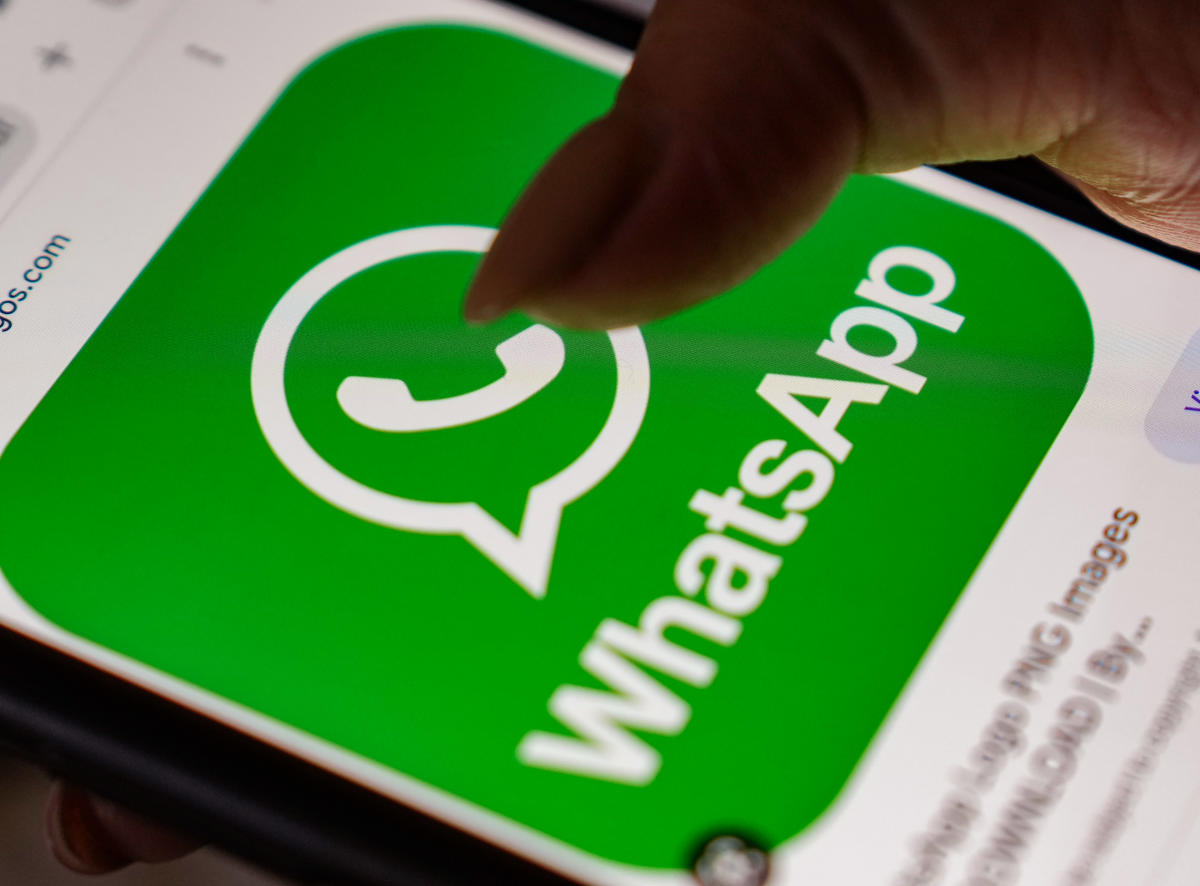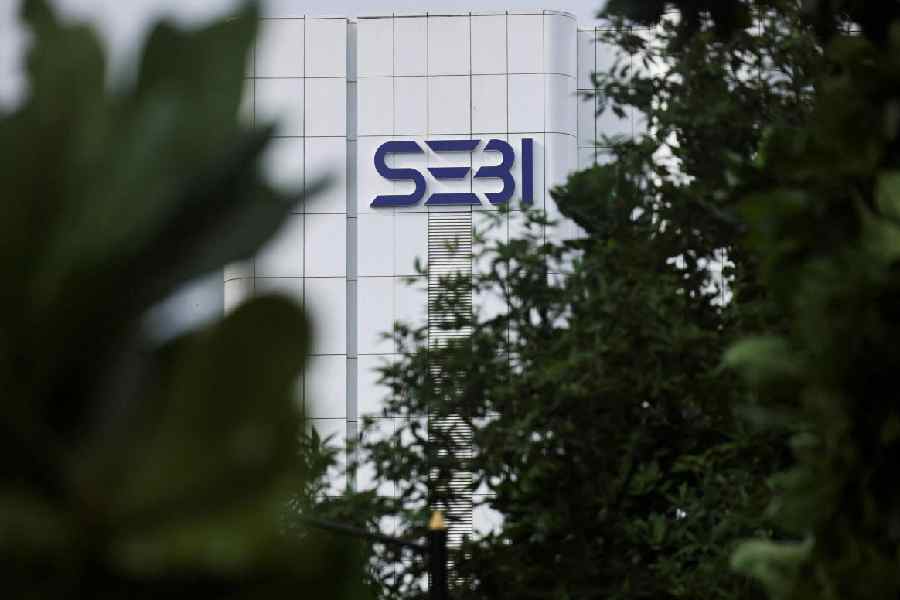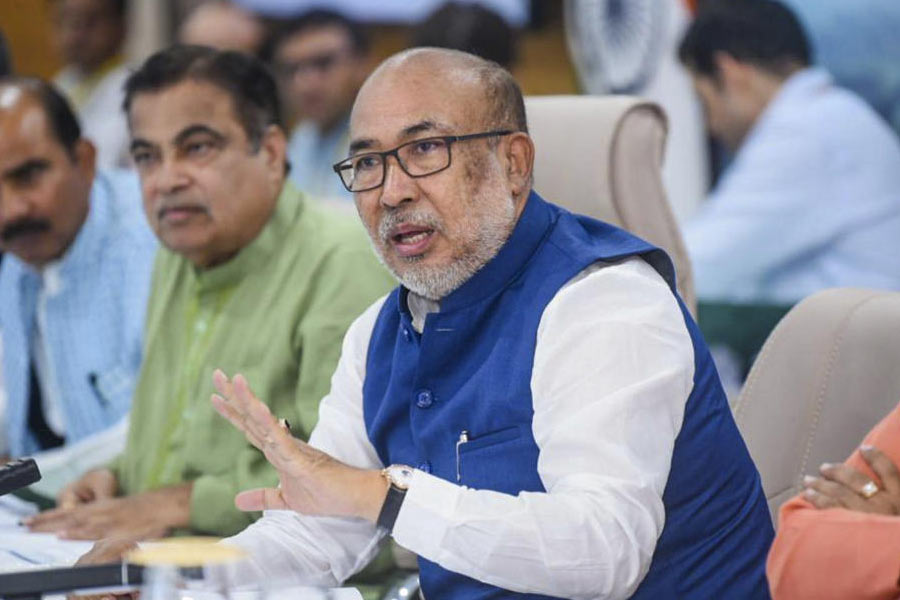People who consume two litres or more of artificially sweetened drinks per week have an elevated risk of an irregular heart rhythm called atrial fibrillation compared to those who did not drink such beverages, a study released on Tuesday has suggested.
The study has found a 20 per cent increased risk of atrial fibrillation in people who drank two litres or more of artificially sweetened beverages and a 10 per cent increased risk among people who consumed two litres or more of sugar-sweetened beverages per week.
The findings were based on self-reported consumption of beverages by around 201,000 adults in the UK enrolled for long-term health research studies. People who reported consuming one litre or less of 100 per cent pure fruit or vegetable juice with no added sugar had 8 per cent lower risk of atrial fibrillation.
This is the first study to estimate how the amount of sweetened beverages consumed might influence the risk of atrial fibrillation, a condition that may occur without any signs. But it may sometimes cause heart palpitations, dizziness and weakness, among other symptoms. If untreated, atrial fibrillation can lead to serious complications such as blood clots, stroke, or heart failure.
The study’s findings do not show that sweetened beverages can cause atrial fibrillation but only that consumption of artificially sweetened or sugar-sweetened beverages can be used to predict the risk of atrial fibrillation. The biochemical pathways underlying this risk remain unclear.
“However, based on these findings, we (would) recommend that people reduce or avoid artificially sweetened and sugar-sweetened beverages whenever possible,” said Ningjian Wang, professor and clinical researcher in internal medicine at the Shanghai Jiao Tong University School of Medicine in China, who led the study.
“Do not take it for granted that drinking low-sugar and low-calorie artificially sweetened beverages are healthy,” Wang said in a media release from the American Heart Association. The study’s findings were published on Tuesday in Circulation: Arrhythmia and Electrophysiology, a medical journal of the AHA.
Artificially sweetened beverages have gained popularity because of their fewer calories. Surveys in the UK and the US have indicated that three in every 10 adults consume low-calorie beverages that contain artificial sweeteners such as sucralose, aspartame, saccharin, acesulfame, neotame, or stevia.
The World Health Organisation had last year released a new guideline recommending against the use of non-sugar sweeteners to control body weight or to reduce the risk of non-communicable diseases.
The WHO had said a systematic review of available evidence had found that there may be potentially undesirable effects from the long-term use of non-sugar sweeteners such as increased risk of diabetes, cardiovascular disease or mortality in adults.










